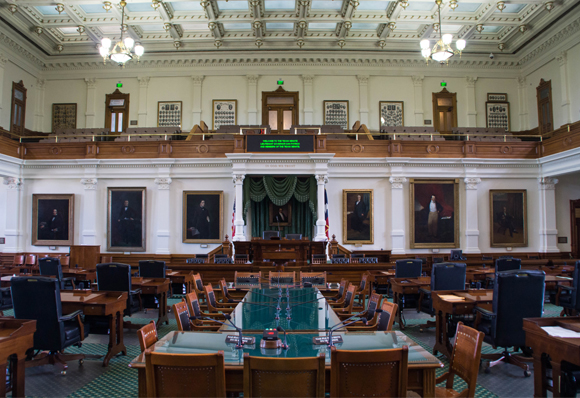It is generally believed that the current Fed Chair, Ben Bernanke, will step down when his second term is completed at the end of January 2014. Originally, the financial markets and people associated with the Fed assumed that the current Vice Chair, Janet Yellen, would become the next Chair, and the major media did not show much interest in the appointment.
However, controversy suddenly flared up in late July. It all started with a post on a popular blog of the Washington Post stating that “At this point the leading candidate to become the next Fed Chair is Larry Summers.” It was believed that the source for the information was someone inside the White House who was involved in the selection. This was totally unexpected and quite a shock for the Fed inner circle, major media, and the New York financial markets; since, Larry Summers, although a former Secretary of the Treasury, has no significant experience with making monetary policy. Everyone was reminded that, regardless of any preference that the Fed or the market may have for Vice Chair Yellen, if President Obama decides that Larry Summers is a better candidate, no one can stop his appointment.
Most interesting were the reactions by media and those associated with the markets after this surprising news. There was a flood of news articles and comments by experts that were blatantly “Anti Summers, Pro Yellen”. This overly-emotional reaction in the media seemed to reveal the frustration of the Fed, Wall Street and the media, who were being forced to recognize that their influence over the selection of the chair was actually rather limited.
That being said, their surprise was understandable. Historically, these groups have had a strong influence. Up until the selection of Mr. Bernanke, for any new appointment or re-appointment of the Fed Chair, the White House economy team prepared a list of candidates by communicating with the Fed inner circle as well as market regarding their opinions and preferences. The US President then made his choice from the prepared list with a full understanding of these preferences. The reason for this caution was the concern that if the President appointed someone who did not have the support of the current Fed members and the market, this could create confusion in monetary policy making, leading to an adverse impact on the operation of the national economy under his administration.
























































